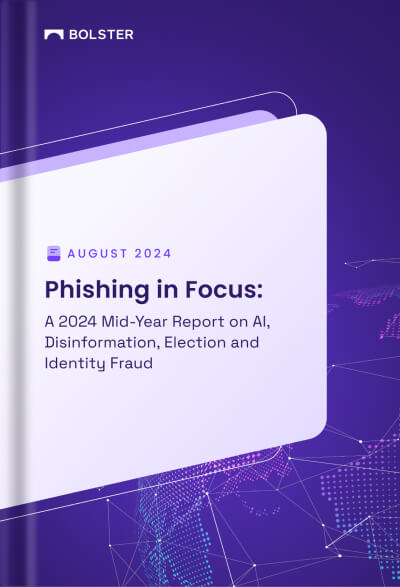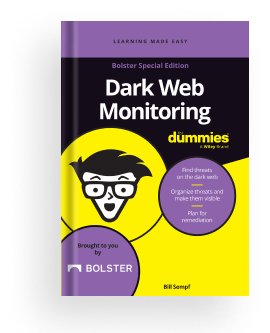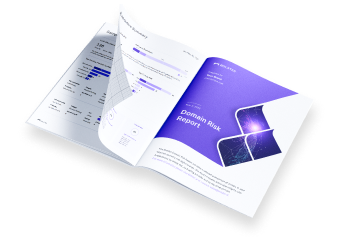What is a fraud platform?
A fraud platform refers to a comprehensive software solution designed to detect and prevent fraudulent activities within an organization. It is a powerful tool that combines various technologies and analytical capabilities to identify and mitigate risks associated with online fraud.
These platforms are typically utilized by businesses across various industries, such as finance, e-commerce, and banking, to protect their assets, customers, and reputation. They leverage advanced data analytics, machine learning, and artificial intelligence algorithms to analyze large volumes of data and identify patterns indicative of fraudulent behavior.
Their functionalities may include:
1. Real-time monitoring: a fraud platform continuously monitors transactions, user behavior, and system logs in real-time, allowing for immediate detection of suspicious activities.
2. Risk scoring: by analyzing historical and real-time data, a fraud platform assigns risk scores to transactions or activities, enabling organizations to prioritize their investigations based on the level of risk.
3. Rules-based detection: a fraud platform employs rule engines to define and enforce business rules that flag potential fraudulent activities. These rules can be customized based on specific organizational needs and industry regulations.
4. Machine learning and predictive analytics: a fraud platforms utilizes advanced algorithms to learn from historical data and identify evolving fraud patterns. This enables adaptive improvement of detection capabilities over time.
5. Case management and investigation: When a suspicious activity is flagged, a fraud platform facilitates the investigation process by providing a centralized case management system. This allows investigators to collaborate, document findings, and escalate cases if necessary.
6. Fraud intelligence: a fraud platform may integrate with external data sources, such as fraud databases and industry threat intelligence feeds, to enhance detection capabilities. By leveraging these sources, fraud platforms can identify known fraudsters and stay updated on emerging fraud trends.
7. Reporting and analytics: Fraud platforms generate comprehensive reports and analytics that provide insights into the organization’s fraud risk posture. These reports enable management to make informed decisions and implement effective fraud prevention strategies.
Why are fraud platforms important?
Fraud is a significant concern for organizations of all sizes and industries. The impact of fraud can be severe, including financial losses, reputational damage, and legal consequences. As a supplement to established authentication, identity verification, and digital trust practices, fraud platforms play a crucial role in mitigating these risks by proactively identifying and preventing fraudulent activities.
Here are some key reasons:
1. Enhanced detection capabilities: These platforms leverage advanced technologies and analytics to detect fraudulent activities more effectively than traditional manual methods. They can analyze vast amounts of data in real-time, enabling organizations to identify suspicious patterns and take immediate action.
2. Proactive risk management: By continuously monitoring transactions and user behavior, these platforms can identify potential risks in real-time. This allows organizations to respond quickly and prevent fraudulent activities before they cause significant damage.
3. Cost savings: Detecting and resolving fraud can be time-consuming and resource-intensive. By investing in a fraud platform, organizations can automate fraud detection processes, reduce manual effort, and save costs associated with investigating and resolving fraudulent activities.
4. Regulatory compliance: Many industries are subject to strict regulations regarding fraud prevention and detection. Fraud platforms help organizations meet these regulatory requirements by providing robust fraud prevention measures and generating comprehensive reports for compliance purposes.
5. Collaboration and case management: Fraud platforms facilitate collaboration among investigators and streamline case management processes. By centralizing case information, investigators can easily share information, document findings, and escalate cases if necessary. This improves efficiency and effectiveness in fraud investigations.
6. Fraud intelligence: Fraud platforms integrate with external data sources, such as fraud databases and industry threat intelligence feeds, to enhance their detection capabilities. By leveraging these sources, these platforms can identify known fraudsters and stay updated on emerging fraud trends, improving their ability to detect and prevent fraud.
7. Reporting and analytics: Fraud platforms generate comprehensive reports and analytics that provide insights into an organization’s fraud risk posture. These reports enable management to make informed decisions and implement effective fraud prevention strategies based on data and trends.
Conclusion
In conclusion, fraud platforms are critical for organizations to effectively detect, prevent, and mitigate fraud risks. By leveraging advanced technologies, real-time monitoring, and collaboration features, they enhance online fraud detection capabilities, enable proactive risk management, save costs, ensure regulatory compliance, facilitate collaboration and case management, leverage fraud intelligence, and provide valuable reporting and analytics. Investing in these systems not only protects organizations from financial losses and reputational damage associated with payment fraud but also helps them maintain trust with customers and stakeholders.
Bolster is a fraud platform that provides prevention, detection, and resolution features. Contact us for a demo.






